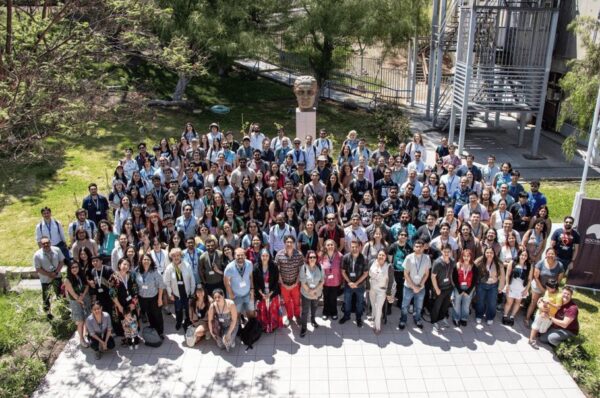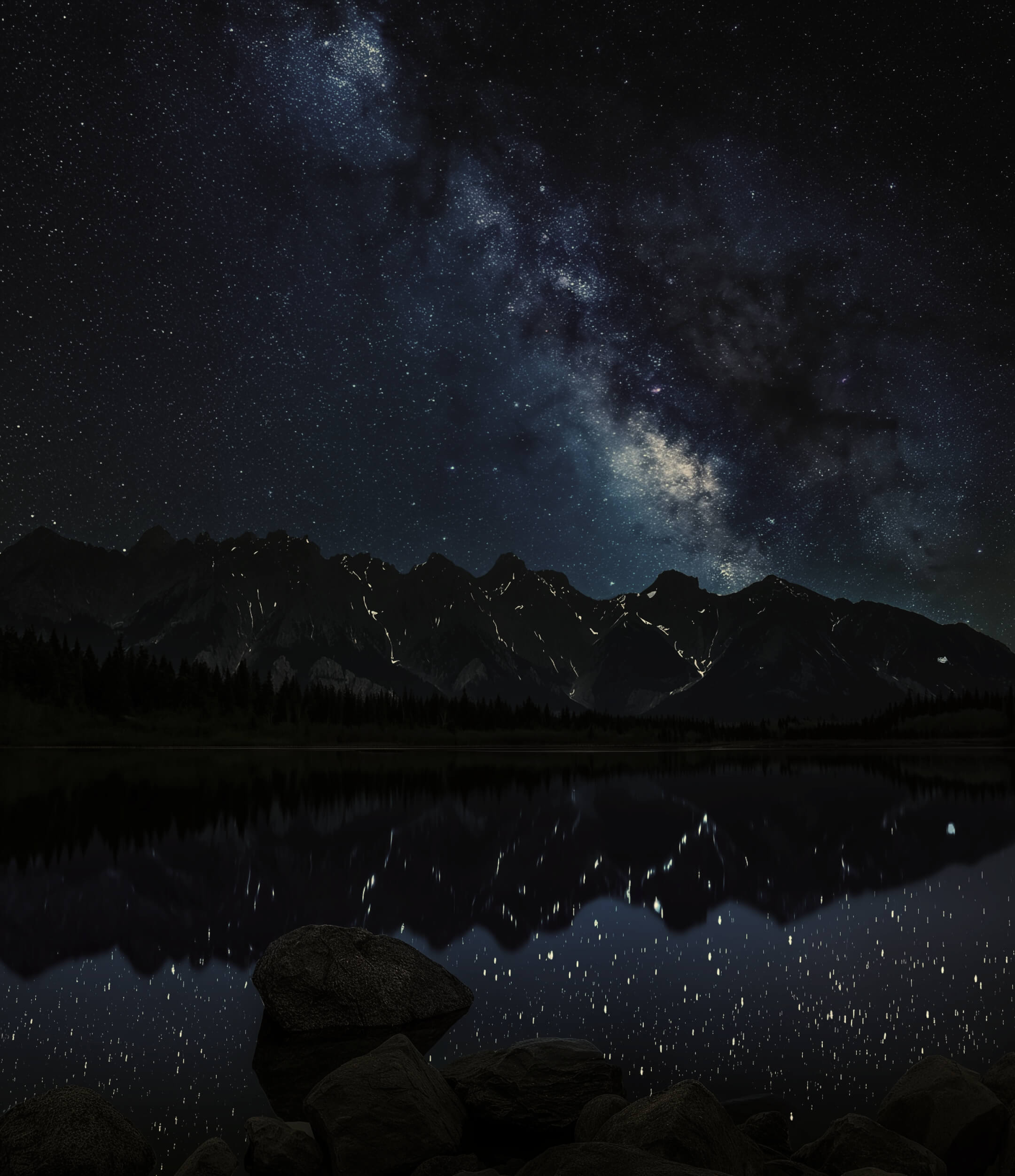SOCHIAS Chooses its First All-Women Executive Board


Posteado
Cielos Chile
schedule Tuesday 02 de September
In conversation with Fundación Cielos de Chile, the new board of the organization reflects on the role of scientific research in the country, the challenges facing SOCHIAS 25 years after its inception, and the urgency of protecting dark skies.
A quarter-century since its creation, the Chilean Astronomical Society (SOCHIAS) has elected its new executive board. For the first time, it will be composed exclusively of women: Chiara Mazzucchelli (UDP) as president; Andrea Mejías (UCH), first vice president; Julie Nantais (UNAB), second vice president; Daniela Olave (UTALCA), executive director; Mayte Alfaro (UCENTRAL), secretary; and Yasna Órdenes (UDP), treasurer.
25 Years Since Its Foundation: The Role of SOCHIAS
SOCHIAS’s new board highlights the priorities for this new chapter of the organization. Strengthening the ties between science and society is one of them. “Whether through education and scientific communication, or through technology transfer. How discoveries and tools developed by astronomy can be used in other areas and benefit society,” commented Andrea Mejías, the vice president, in conversation with Fundación Cielos de Chile.
Another priority is moving towards a more inclusive, equitable, and diverse astronomy. “I believe it’s important that astronomy isn’t just something from the north of our country but can be represented in different areas, and that more institutions appear in other regions,” she added.
Chile, the World Astronomy Capital
One of the major challenges upcoming for the organization will be hosting the International Astronomical Union (IAU) General Assembly in Chile in 2030. This gathering, the most significant in the global sector, will bring together over three thousand astronomers from various countries, once again placing Chile as a central player in world astronomy.
SOCHIAS emphasizes Chile’s leadership in this field. “Beyond the presence of telescopes, it’s important for the country to translate this into scientific and technological leadership. It’s crucial to continue investing in science, building human capital, strengthening existing international ties, and maintaining astronomy as a fundamental element for our country’s development,” stated the board.
Regarding the installation of the world’s largest telescopes in Chile in the coming years, they call for an active role: “We must leverage this potential to make discoveries at the frontier of knowledge. Chile must not just be a host; it should be a protagonist.”
Light Pollution: The Main Threat to Astronomy in Chile
However, they warn that we are at a crucial moment where one of the main threats to the future of astronomical research in the country is light pollution. “We are at a point where urban and energy development are emerging as potential areas of concern,” they cautioned.
Therefore, one of SOCHIAS’s top tasks will be to promote a national culture of dark sky protection. “We have the goal, mission, and vision to work with those who can make decisions about this, and to extend this cultural promotion of sky care nationally,” they emphasized.
While they acknowledge that the new lighting regulation has been an advance, they believe there’s still room for improvement: “Better oversight mechanisms and greater coordination between institutions are needed to make these measures effective.” In parallel, they stress the importance of continuing to raise public awareness. “Chilean society is increasingly identifying with astronomy. We believe that the idea of Chile as an astronomical country is quite established. It’s essential that communication, outreach, and educational initiatives continue to strengthen this bond and promote awareness about sky protection,” they noted. “We must continue educating and informing. To protect the sky is to protect part of who we are, preserving our identity, our environment, and the scientific future of the country,” concluded the board.

Subscribe to our newsletter
Receive relevant information about the skies of Chile every month
